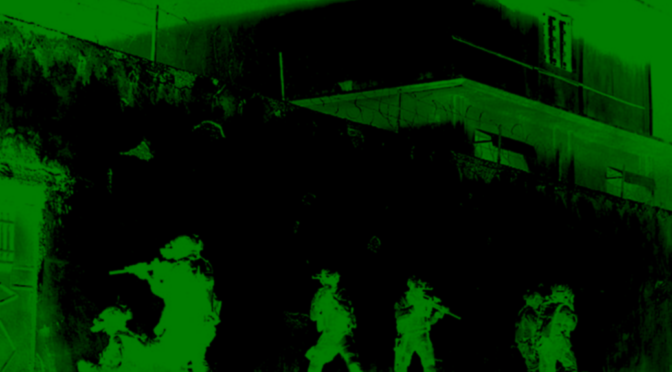Laura A. Dickinson discusses the challenges and limitations of applying domestic and international legal frameworks, including jus ad bellum and international human rights law, as the US conducts over the horizon, unmanned aerial vehicle operations, while US officials provide conflicting statements on whether the US remains at war. Dickinson examines Mitt Regan’s book Drone Strike:… Continue reading Over-the Horizon Drone Strikes in an Ongoing Global War: Afghanistan and Beyond
Tag: Afghanistan
The Covert Action Statute: The CIA’s Blank Check?
MAJ Peter Combe argues that the covert action statute prohibits the Central Intelligence Agency from violating self-executing treaties to which the United States is party, as well as non-self-executing treaties and customary international law implemented by statute, but it provides domestic legal authority to violate non-self-executing treaties and customary international law that have not been… Continue reading The Covert Action Statute: The CIA’s Blank Check?
Addressing the Guantanamo “Legacy Problem”: Bringing Law-of-War Prolonged Military Detention & Criminal Prosecution into Closer Alignment
Abrams seeks to move the discussion on Guantanamo detainees forward by bringing law-of-war detention and criminal prosecution into closer alignment. The article analyzes the Obama Administration’s current approach of dealing with terrorists captured abroad and its preference for conducting criminal prosecutions whenever feasible. Abrams proposes several changes to the current system, including a decision-making framework… Continue reading Addressing the Guantanamo “Legacy Problem”: Bringing Law-of-War Prolonged Military Detention & Criminal Prosecution into Closer Alignment


